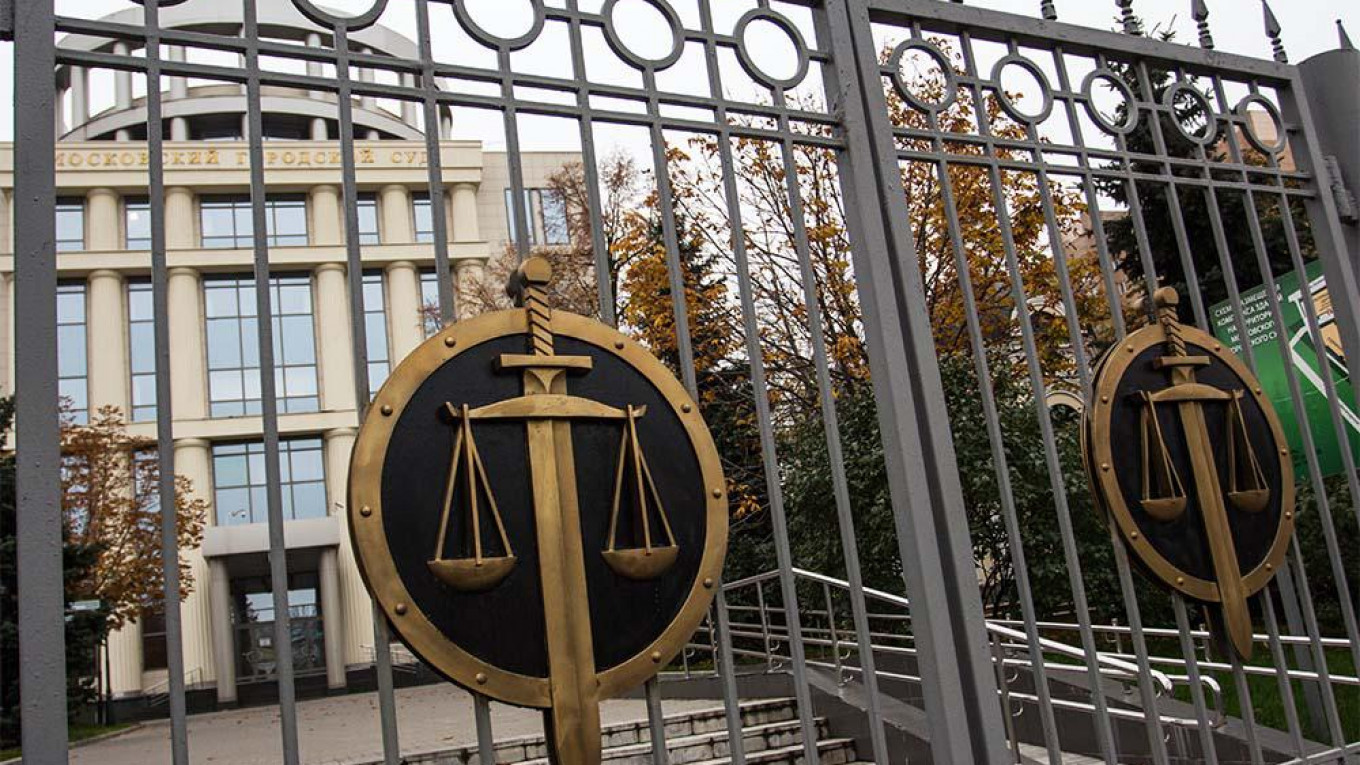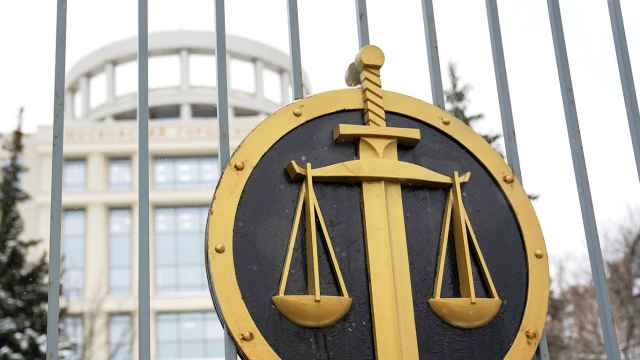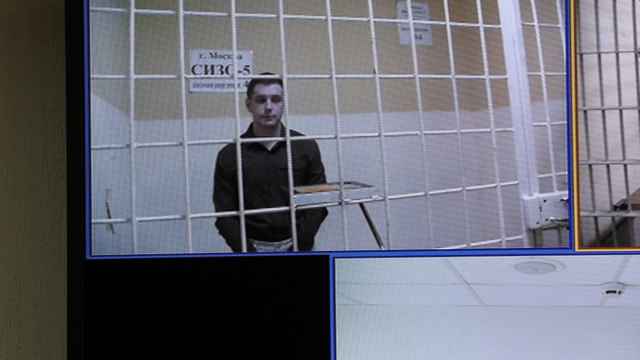An American cancer-medicine inventor has been arrested in Russia on suspicion of bribery, the Kommersant business daily reported Friday.
Gene Miron Spektor is accused of giving 4 million rubles ($64,000) in the form of two holiday packages to Thailand and the Dominican Republic to a former cabinet official’s assistant in 2015 and 2016. The alleged bribe-taker, ex-Deputy Prime Minister Arkady Dvorkovich’s former assistant Anastasiya Alexeyeva, faces a maximum prison sentence of 10 years.
Spektor, who Kommersant reports was formerly a Soviet citizen, faces a maximum prison sentence of 12 years if found guilty on charges of facilitating a bribe.
Authorities detained Spektor in St. Petersburg on Wednesday after the other defendants in the bribery case testified against him. He was brought to Moscow overnight, the newspaper reported.
The two other defendants’ lawyers said they allegedly gave the bribe to Alexeyeva in exchange for help with adding their pharmaceutical companies’ products to a list of controlled substances, Kommersant reported.
Spektor and Alexeyeva have been placed in pre-trial detention until April 19, Kommersant reported. Spektor reportedly denied his guilt in court and asked to be placed under house arrest.
Europe’s patent office lists Spektor and three Russian nationals as the inventors of an antibody that can be used for cancer treatment.
He is the latest American citizen to be jailed in Russia in recent months.
U.S. investor Michael Calvey spent two months in jail last spring before being placed under house arrest on suspicion of embezzlement. Former U.S. Marine Paul Whelan has spent more than a year in detention on suspicion of espionage.
A Message from The Moscow Times:
Dear readers,
We are facing unprecedented challenges. Russia's Prosecutor General's Office has designated The Moscow Times as an "undesirable" organization, criminalizing our work and putting our staff at risk of prosecution. This follows our earlier unjust labeling as a "foreign agent."
These actions are direct attempts to silence independent journalism in Russia. The authorities claim our work "discredits the decisions of the Russian leadership." We see things differently: we strive to provide accurate, unbiased reporting on Russia.
We, the journalists of The Moscow Times, refuse to be silenced. But to continue our work, we need your help.
Your support, no matter how small, makes a world of difference. If you can, please support us monthly starting from just $2. It's quick to set up, and every contribution makes a significant impact.
By supporting The Moscow Times, you're defending open, independent journalism in the face of repression. Thank you for standing with us.
Remind me later.






